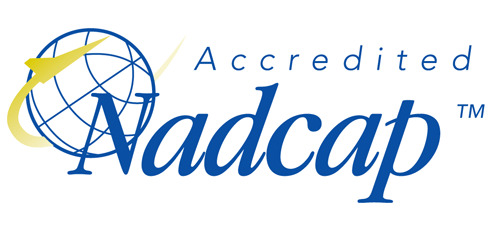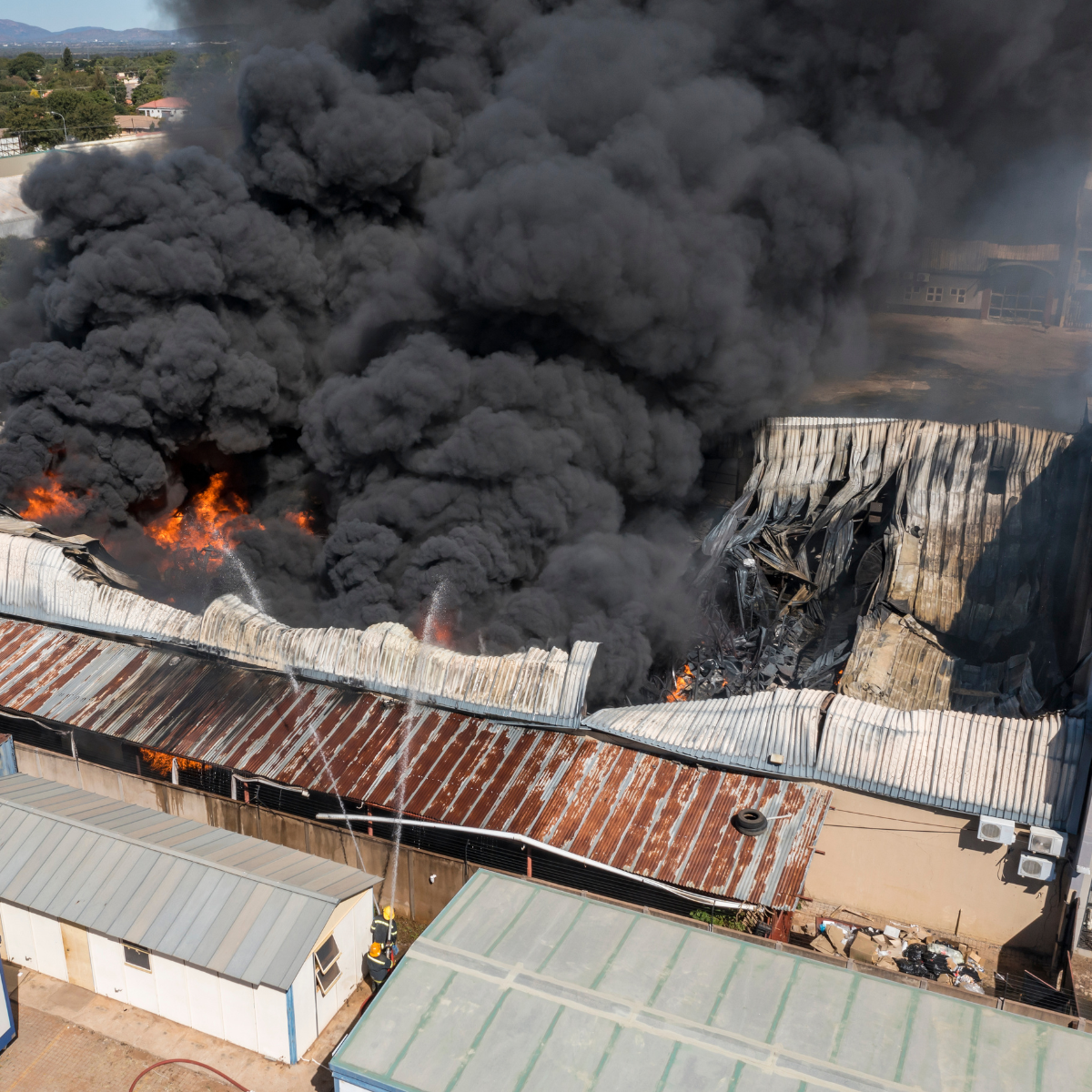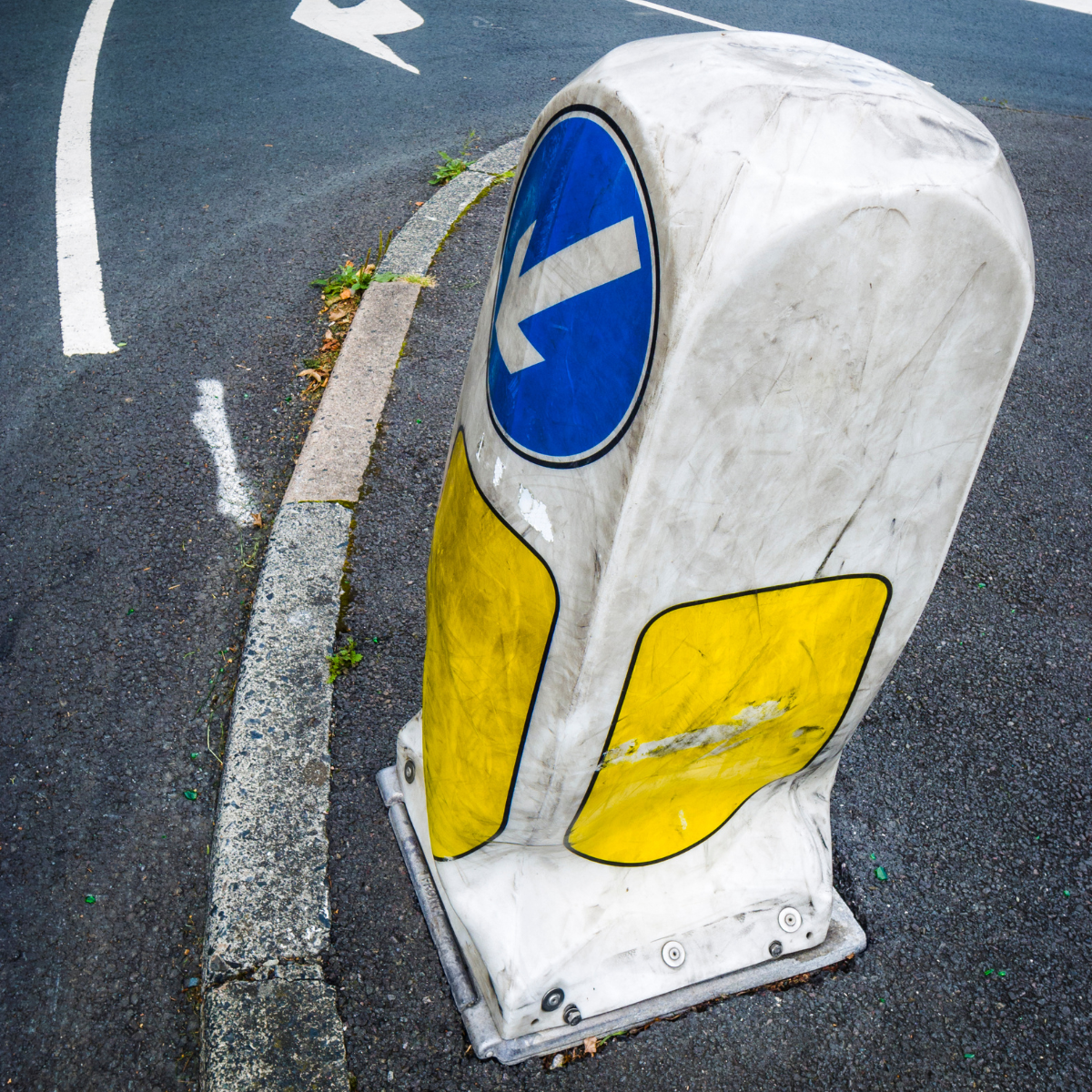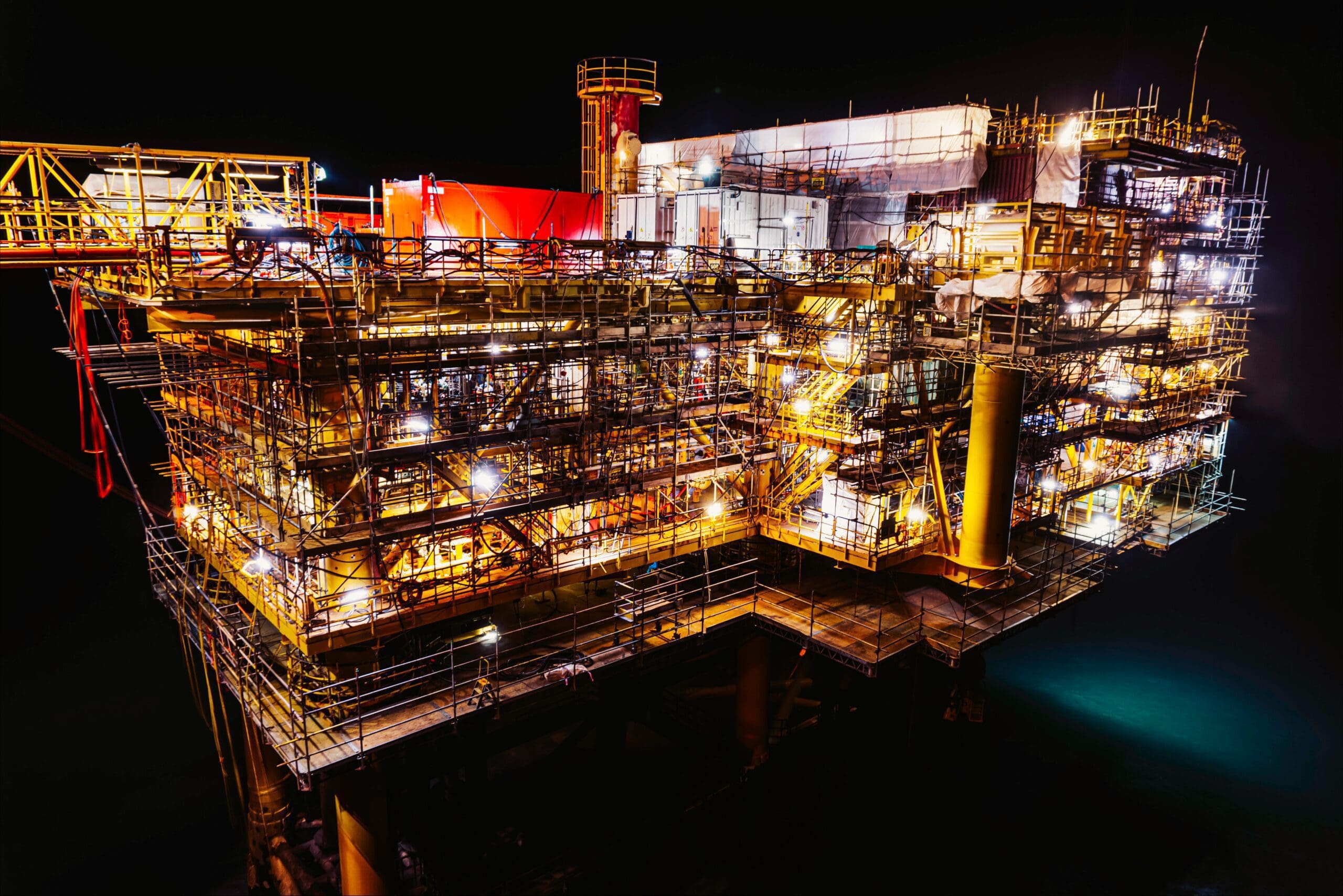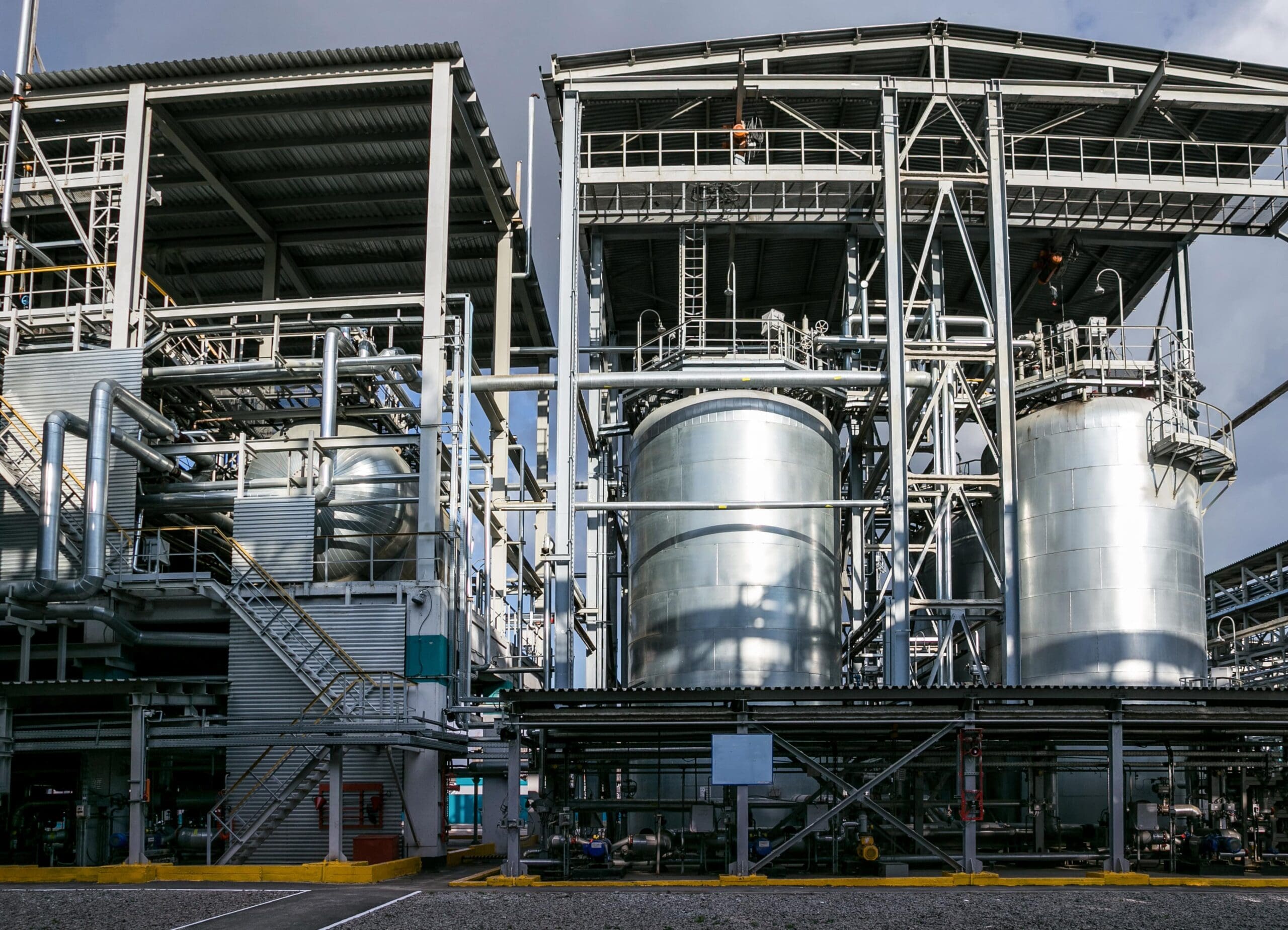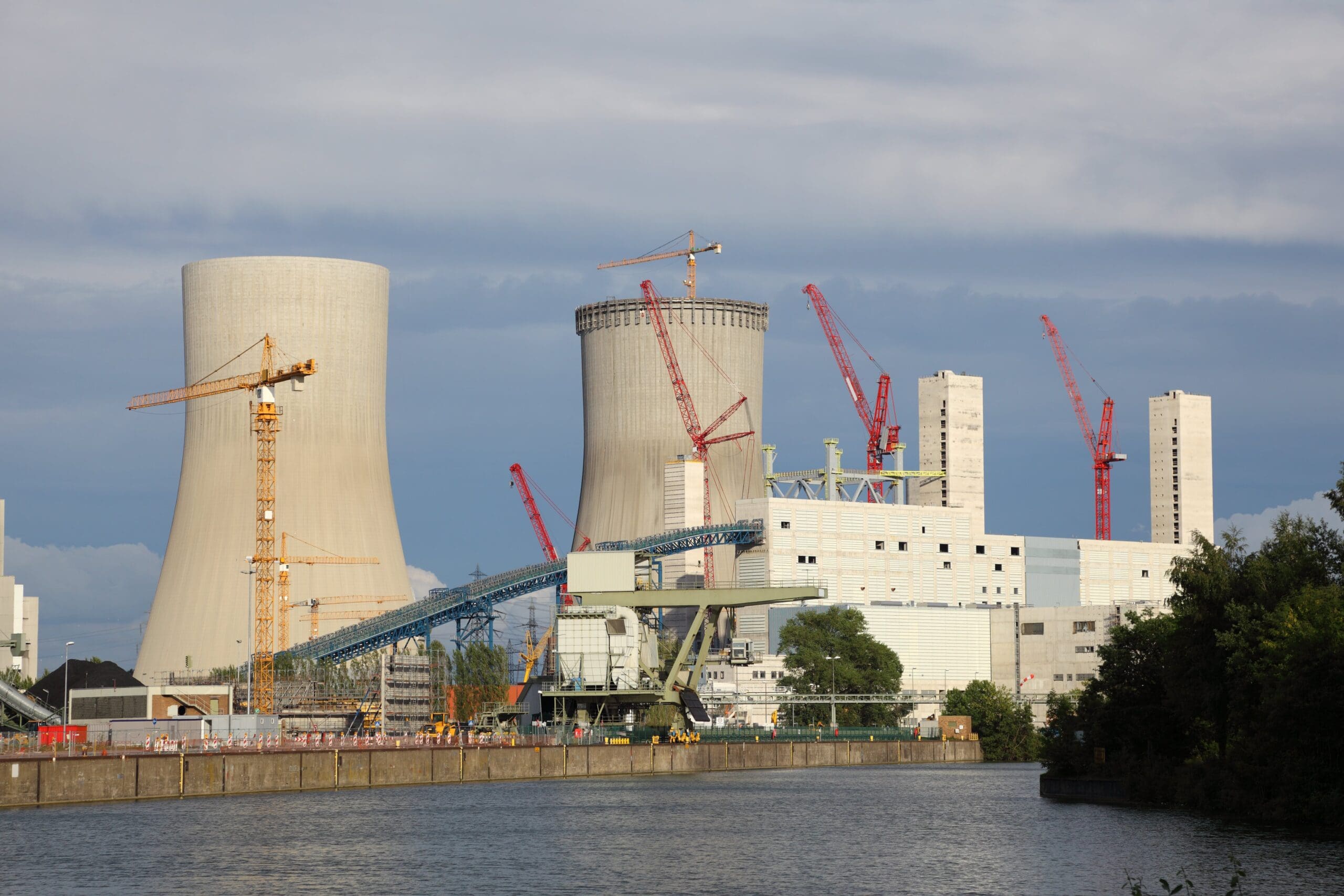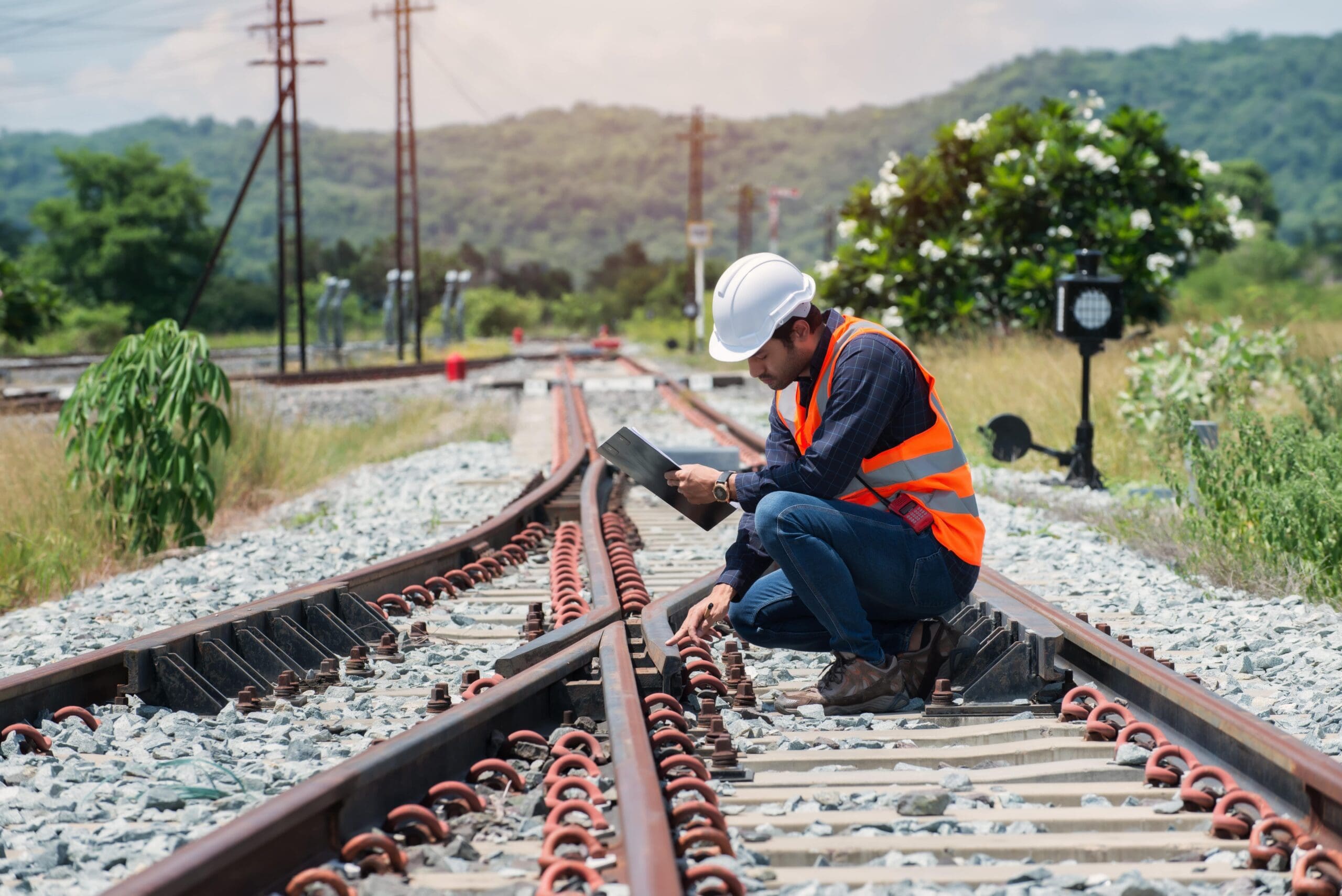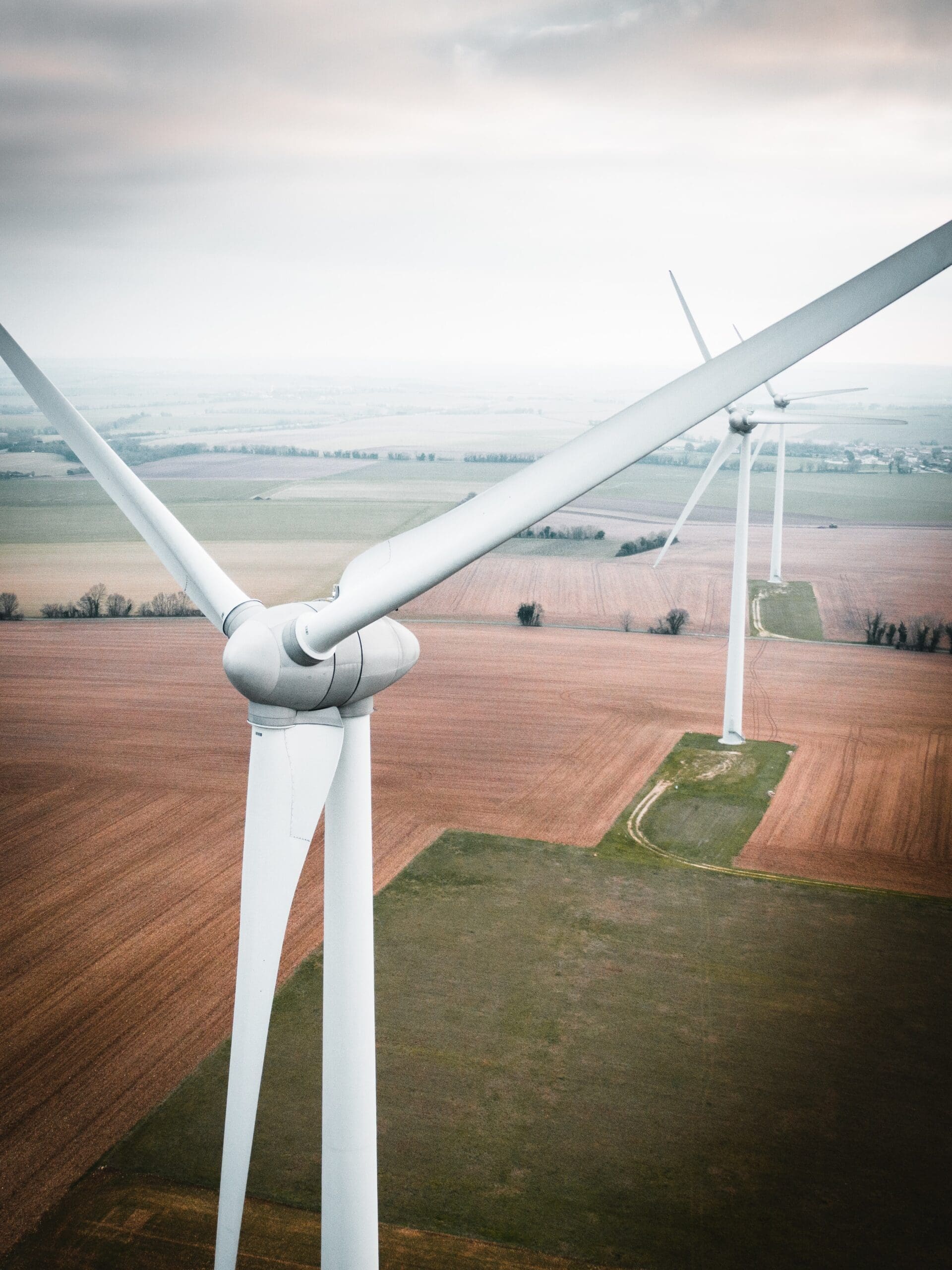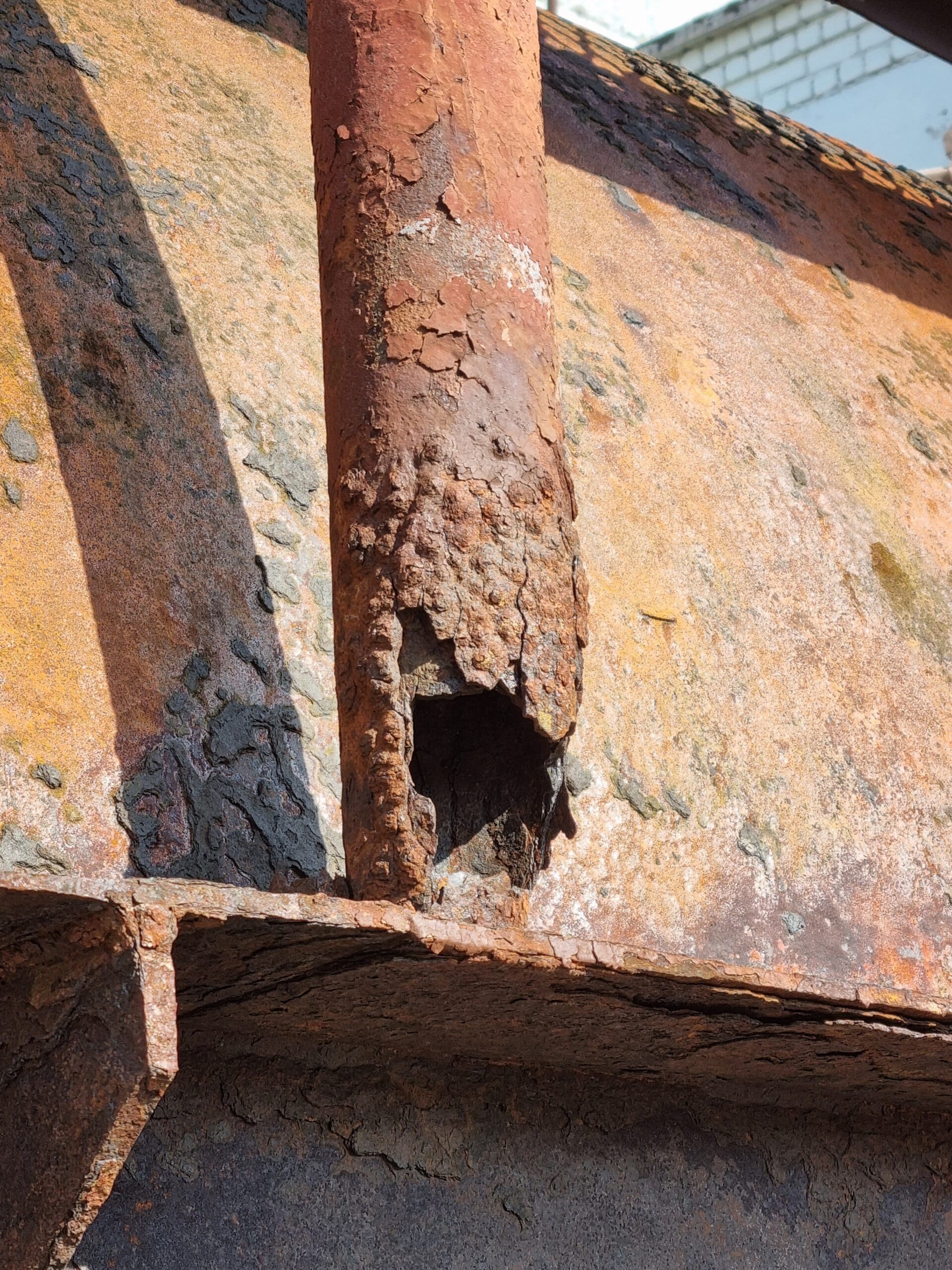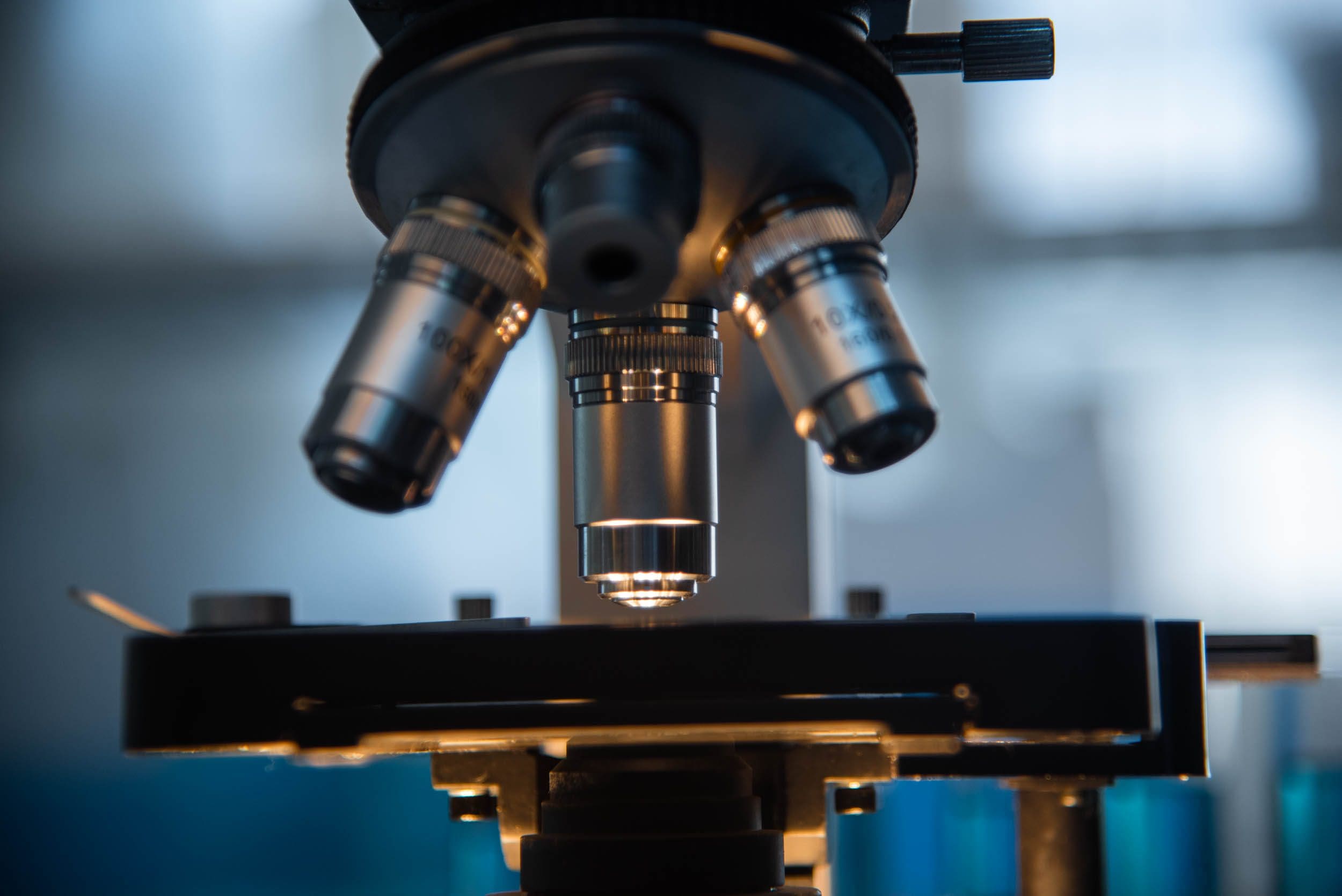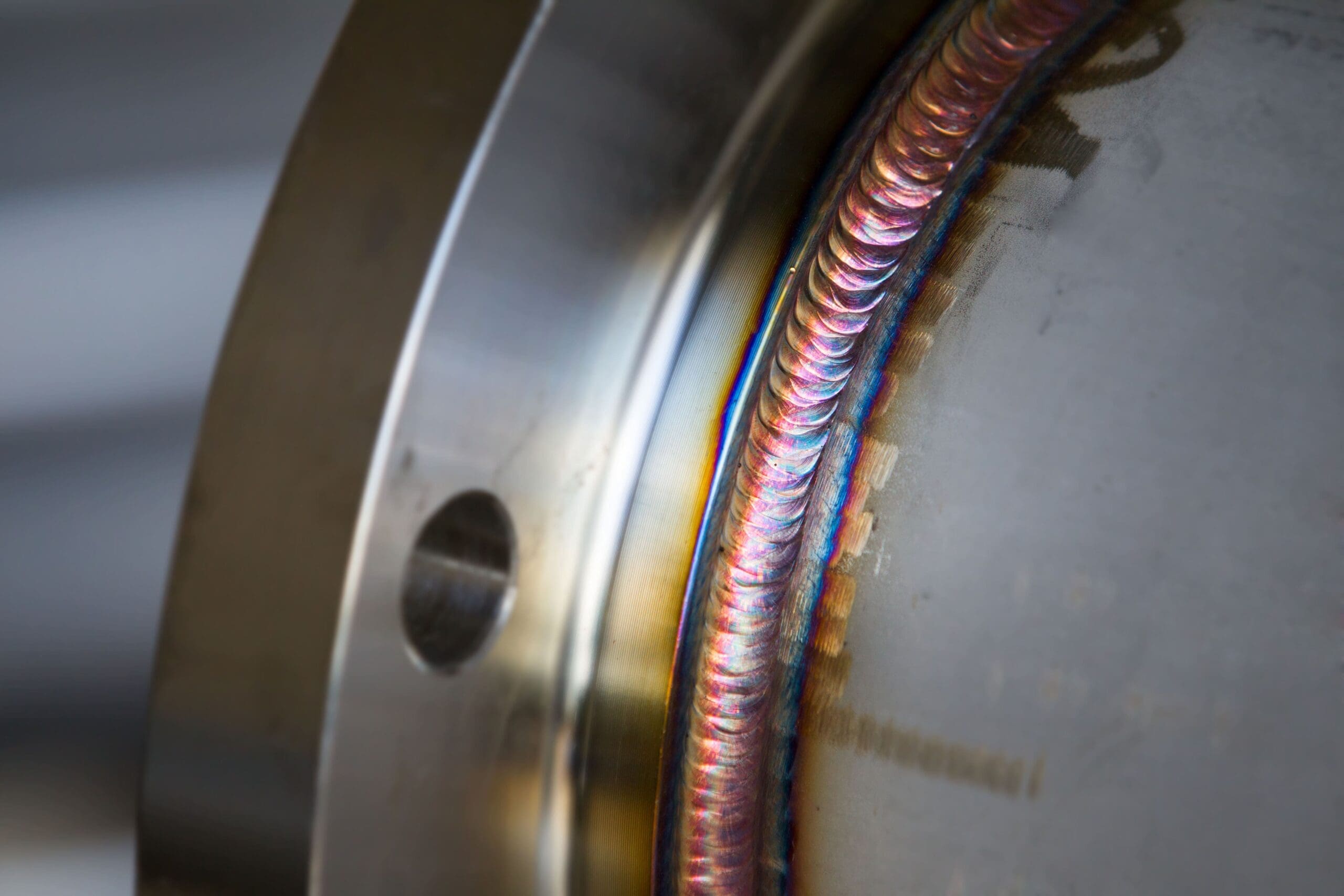Metallography
Weld Testing
Ensure the integrity and reliability of welded joints across various metal structures with our Weld Testing Services. We help clients understand defects before a failure occurs.
Explore how we work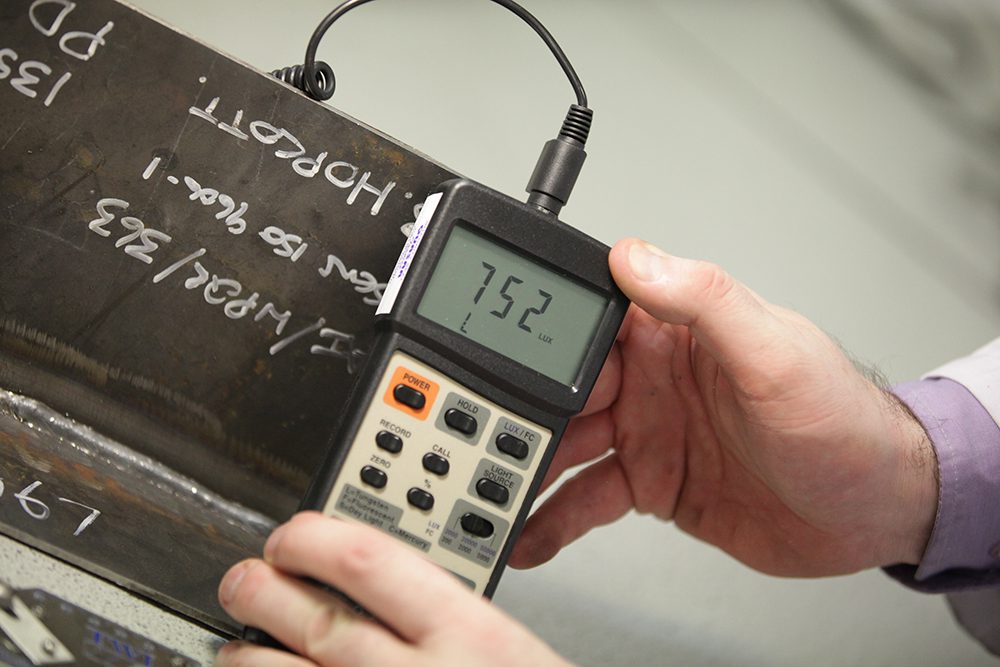
Interested? Let’s talk.
Send us an enquiry
What is Weld Testing?
Weld Testing can be carried out through Non-Destructive testing, but some inspections may require a more in-depth method using destructive testing methods. Destructive testing involves physically testing a sample to the point of failure.
While non-destructive testing methods provide valuable insights, destructive testing can reveal the material’s properties and behaviour under extreme conditions. Our destructive testing includes a comprehensive analysis, involving tensile testing and elongation, impact testing, macro and micro examinations (depending on the sample material), and metallographic tests including volume fraction, hardness surveys, and corrosion testing. Welding Tests and inspections cover a broad range of products, including forgings, bars, plates, valves, tubular products, pressure vessels, and pumps. This reflects the diverse applications of welding across different industries.
We help clients identify any potential defects or weaknesses in the weld before a failure occurs, ensuring that it meets safety standards and quality requirements.
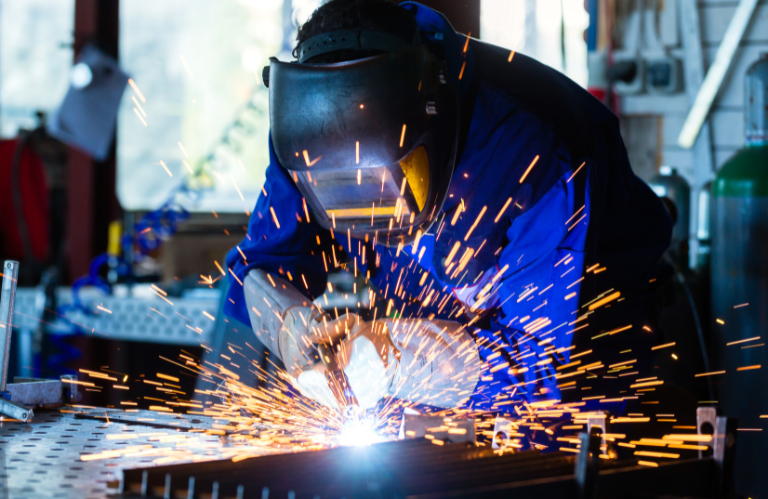
Who we've partnered with

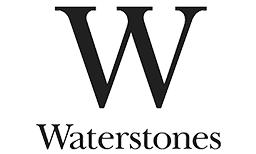



Let's talk about Weld Testing Services
Send one of the team a message
Not seeing what you expected?
Try using our search
Explore what our clients say
Weld Testing from BES Group
The testing and inspection processes are applied to various materials, such as ferritic/austenitic stainless steels, austenitic stainless steels, nickel base alloys, and carbon steel. Different materials require specific testing techniques to ensure the integrity of the welds.
The importance of Weld Tests and Inspections
Identifying typical reasons for weld failure, such as cracking, insufficient penetration, incomplete fusion, porosity, poor penetration, and undercutting, helps focus testing efforts on critical aspects that could compromise the weld’s structural integrity. Failures in welds can have significant consequences, particularly in critical structures like buildings, pipelines, and pressure vessels. These failures can lead to safety hazards, environmental damage, and financial losses.
What if a failure occurs?
Should a failure occur during destructive weld testing, we have a team of qualified metallurgists on hand that can carry out a failure investigation to ascertain the cause of failure.
Welding tests and inspection play a pivotal role in ensuring the reliability and safety of welded structures. By addressing potential issues early and conducting thorough evaluations, the industry can minimize the risk of failures and continually improve welding practices. The involvement of qualified metallurgists adds a valuable layer of expertise in understanding and mitigating the causes of welding failures.



Let’s talk. Ask us anything.
Send one of the team a message
Why choose BES Group?

800+ expert engineers
Our team of skilled engineers possesses a wealth of expertise.
A legacy of 160+ years of experience
We’re always evolving our approach to future proof our services.

35,000 satisfied customers
A strong reputation for providing exceptional service.

An end-to-end solution
Servicing the full life cycle, from concept through to decommission.
Accredited assurance
Confidence assured with all relevant certifications and accreditations.
Sectors we service
Dive into the diverse landscapes where BES Group sparks innovation and drives impact.


Let’s talk. Ask us anything.
Send one of the team a message
Insights & news
Browse our latest articles
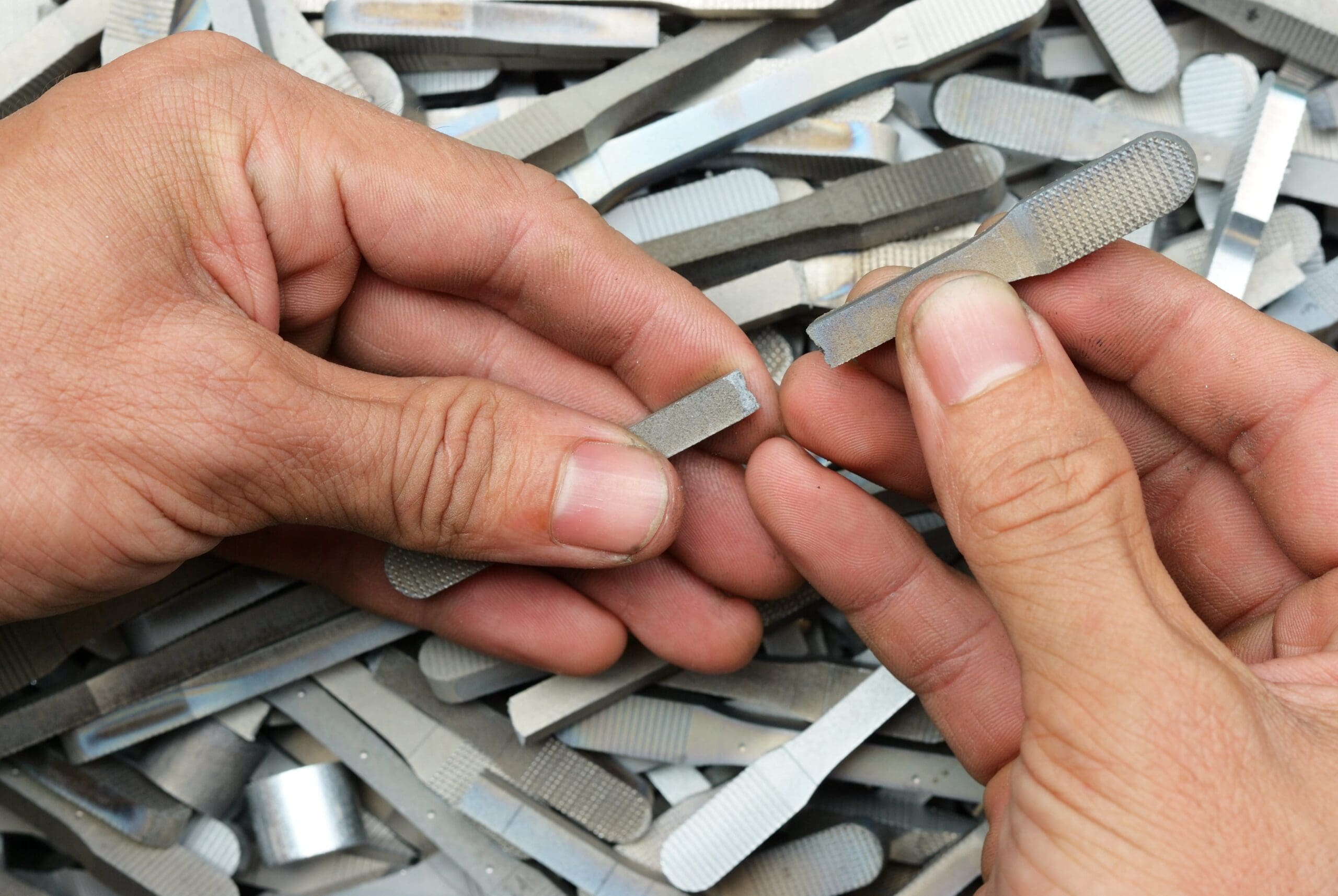
A Guide to Young’s Modulus and Material Stiffness
Testing
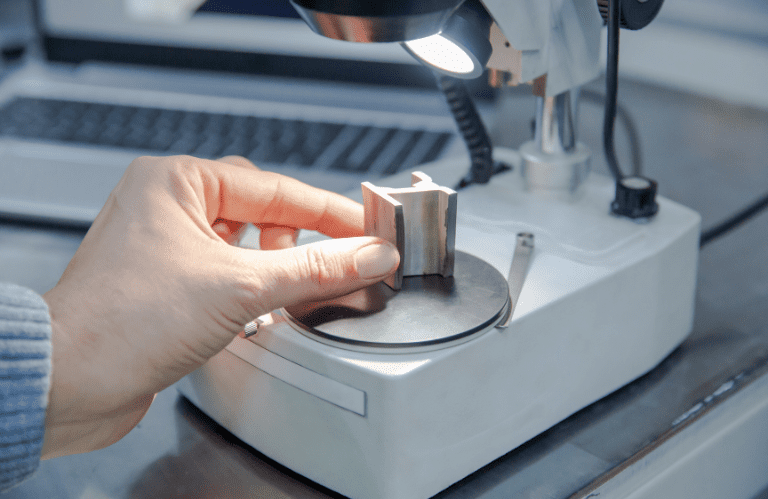
A complete guide to Metal Failure Modes and Analysis
Testing
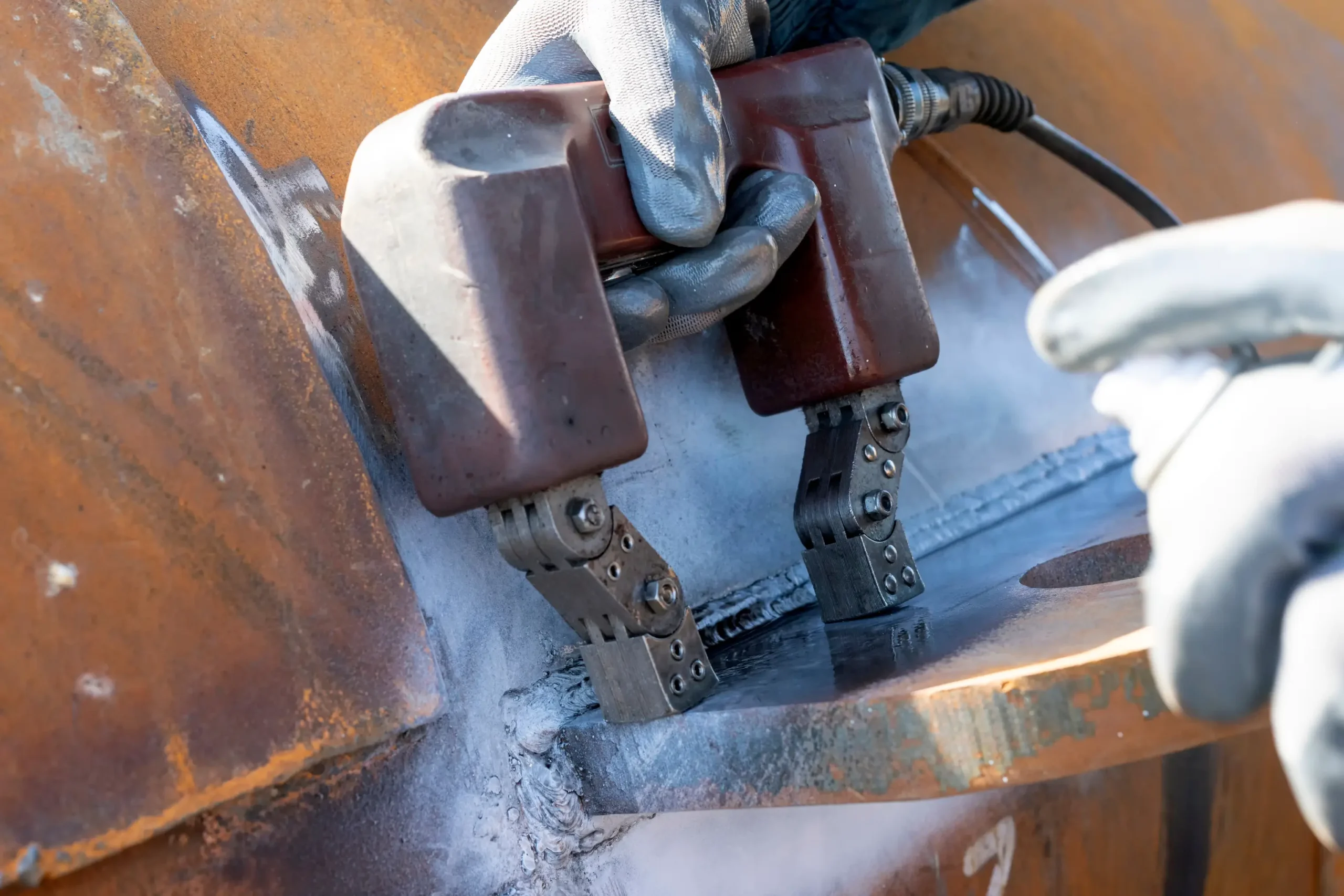
How combining NDT Methods ensures comprehensive asset protection
Testing

Factory Shutdowns: How to Manage Your Maintenance Operations Efficiently
Asset Reliability Electrical Inspection Testing
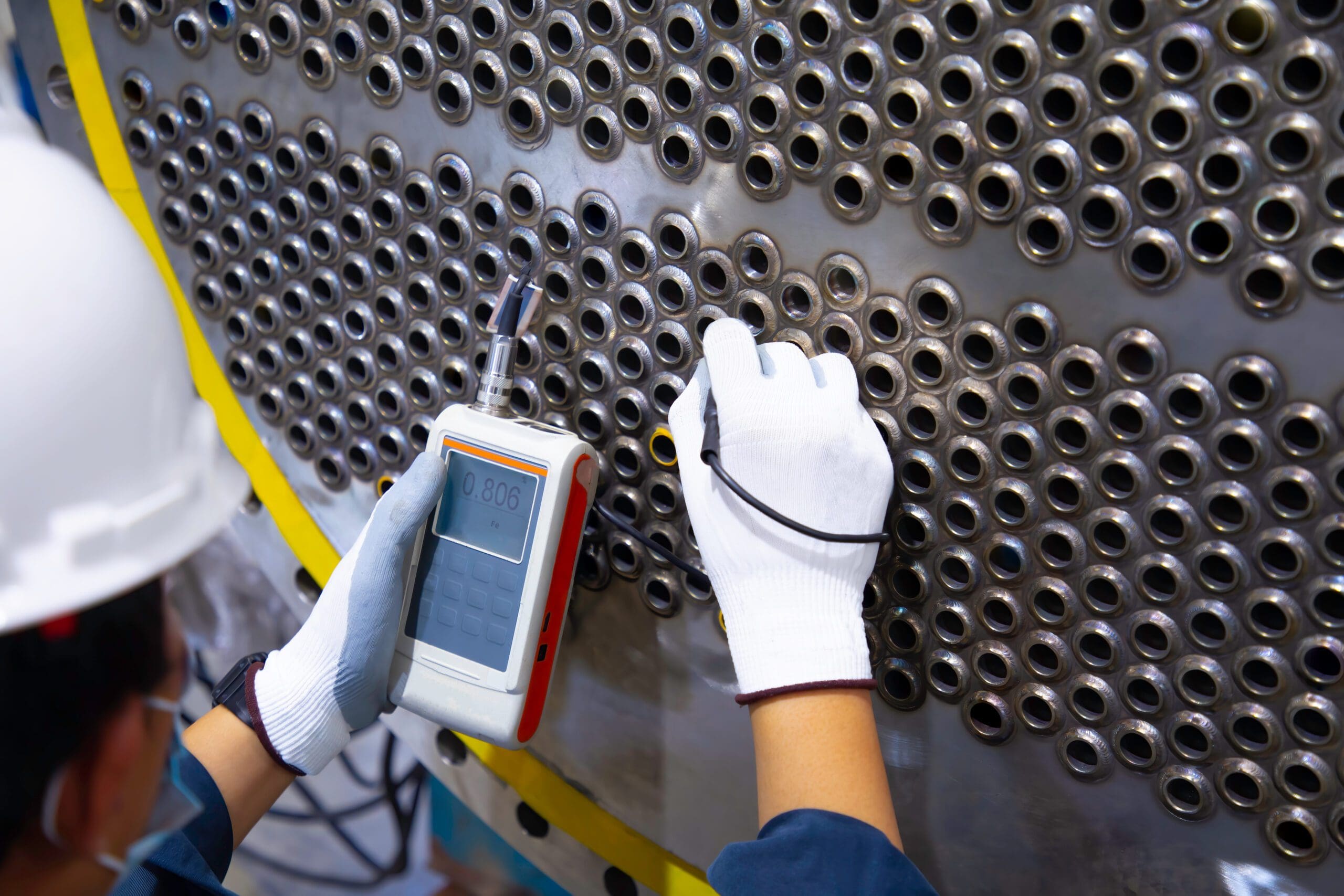
What Are the Different Methods of NDT Testing?
Testing
Other similar services...
Looking for something else? Explore similar services...
Let’s get you to the right person, fast.
Thank you, enquiry submitted!
Please check your inbox. We have sent you an email receipt of your enquiry.
We treat every enquiry with the upmost urgency. We’ll aim to get in touch with the relevant BES Group specialist and get back to you as soon as possible*.
Thank you again and have a great day.
 About BES Group
About BES Group Accreditations & Credentials
Accreditations & Credentials Our Environmental, Social & Governance
Our Environmental, Social & Governance Careers at BES Group
Careers at BES Group Our Senior Leadership Team
Our Senior Leadership Team
